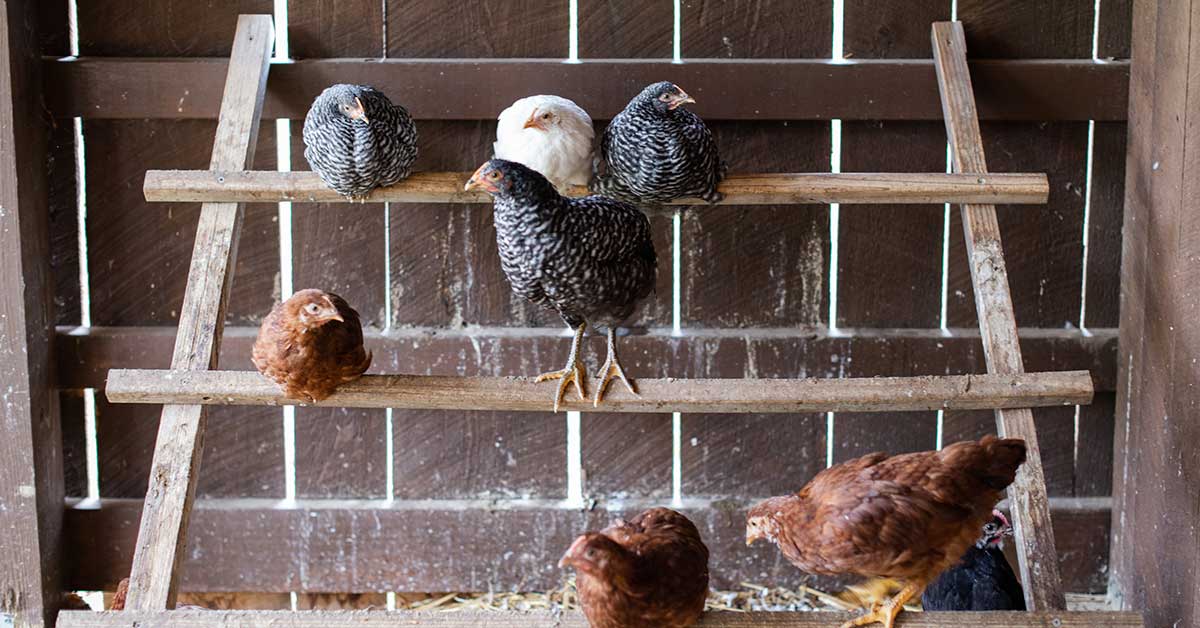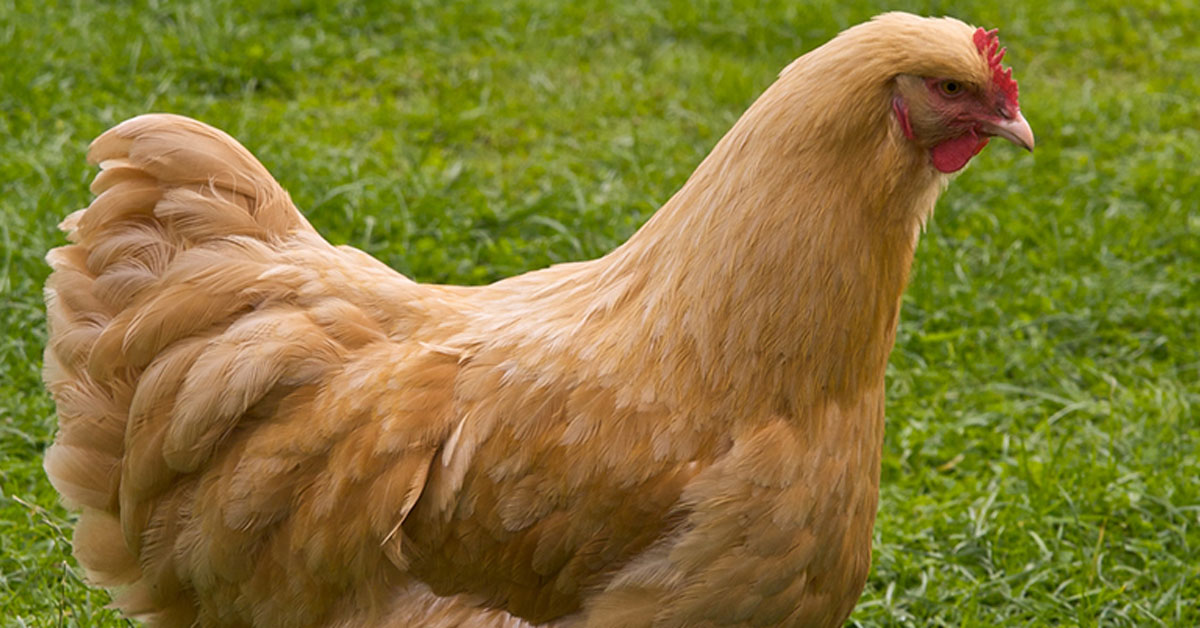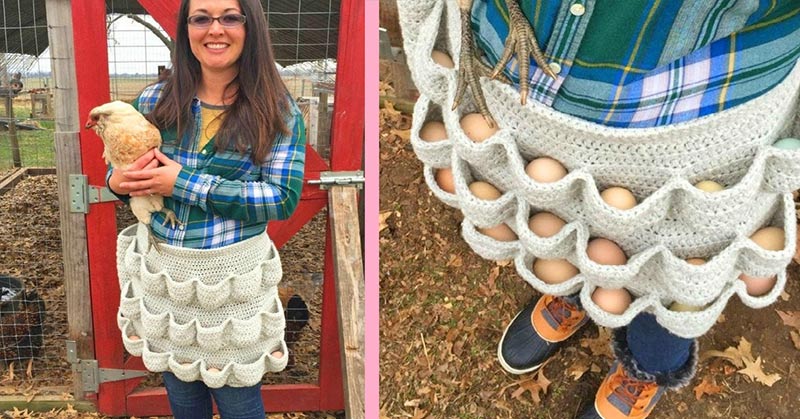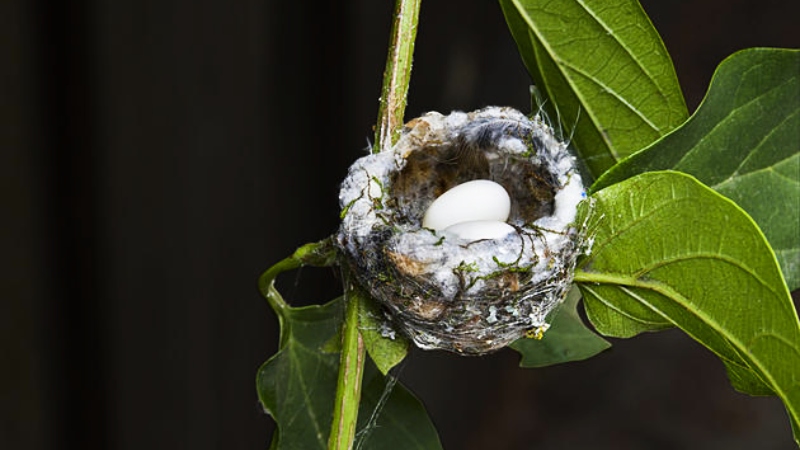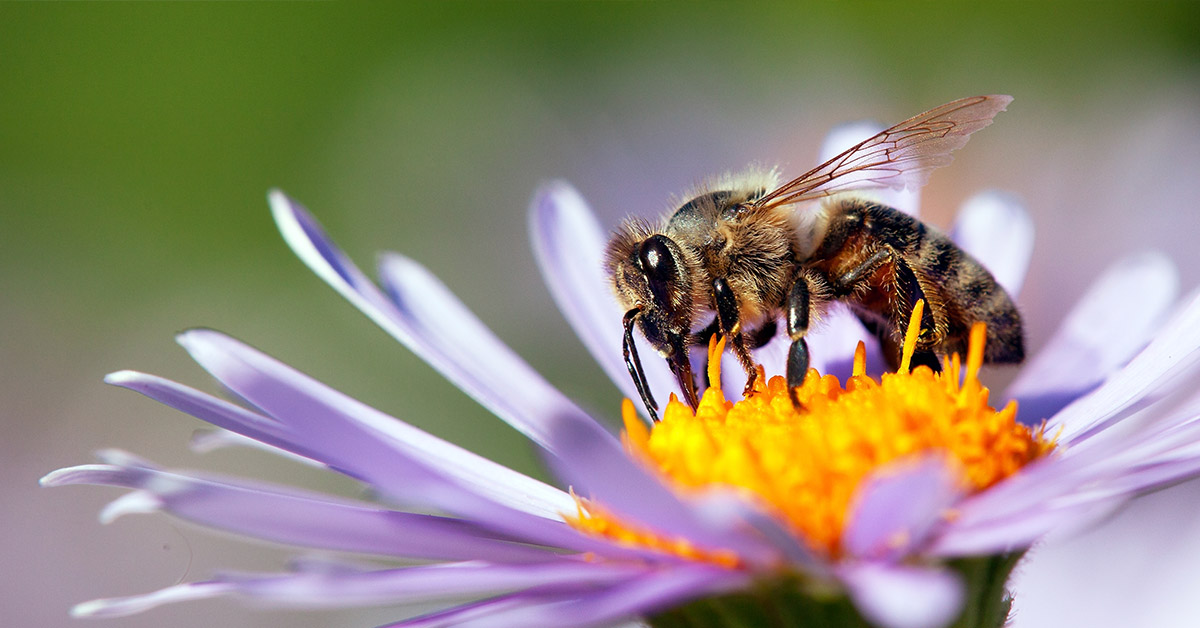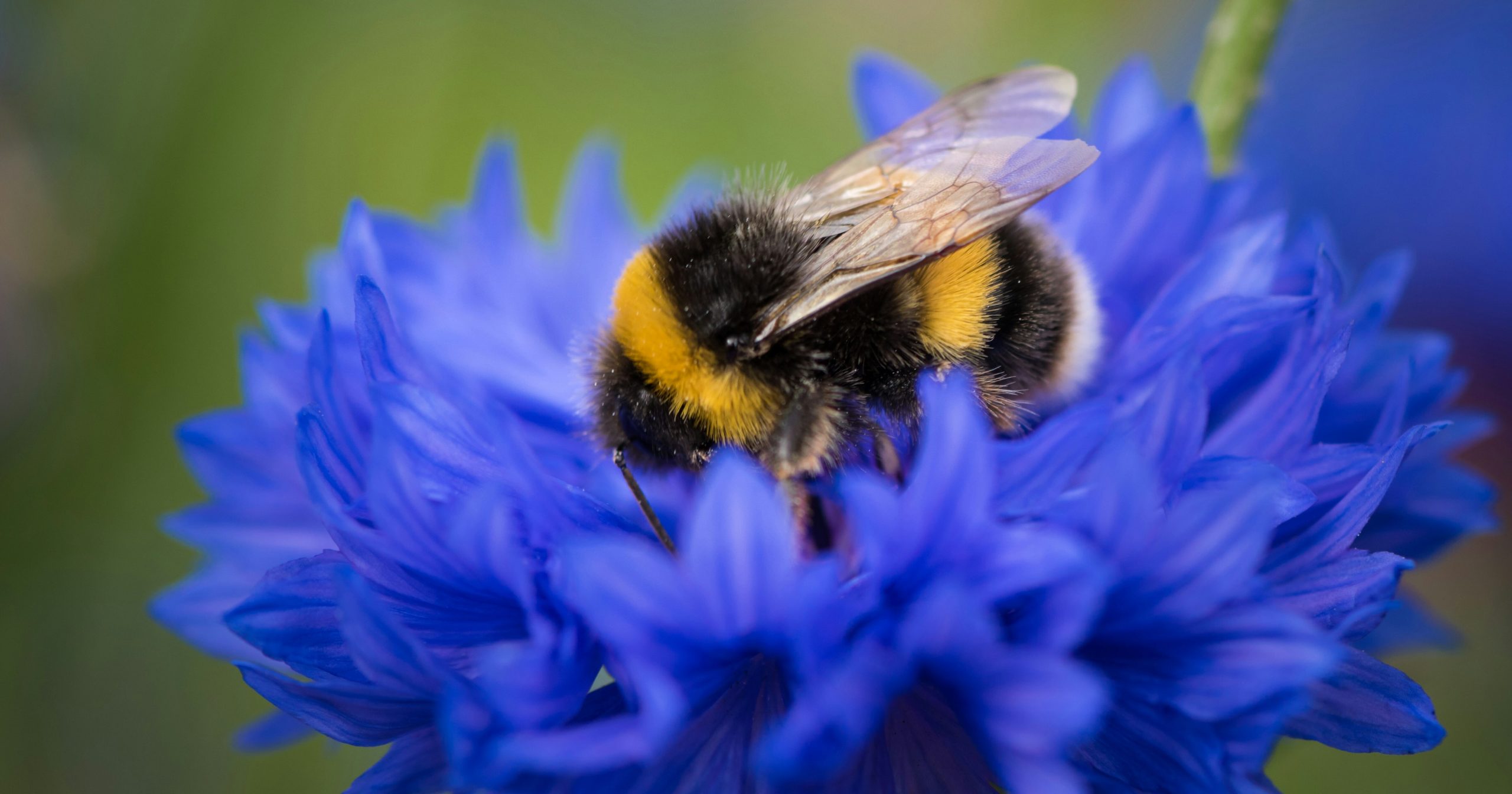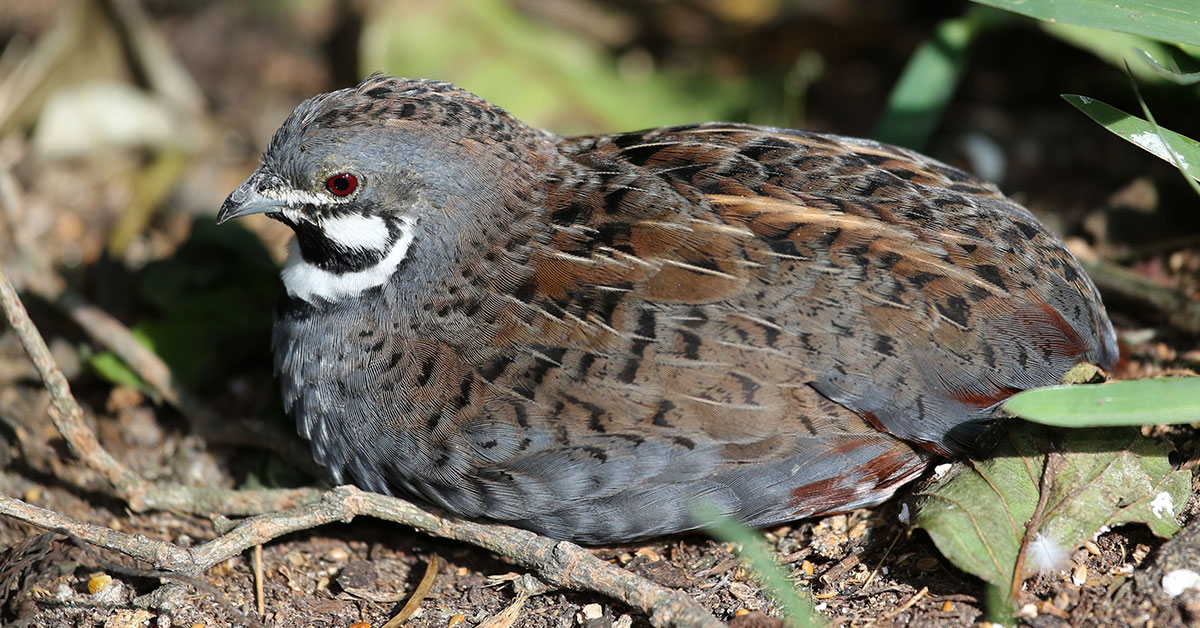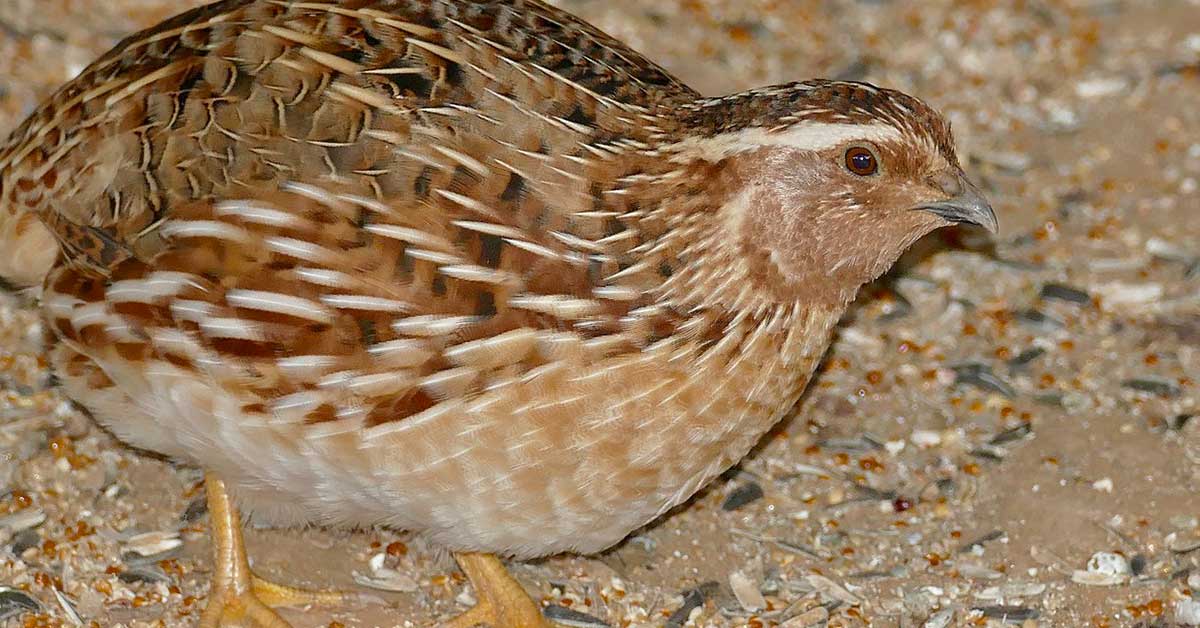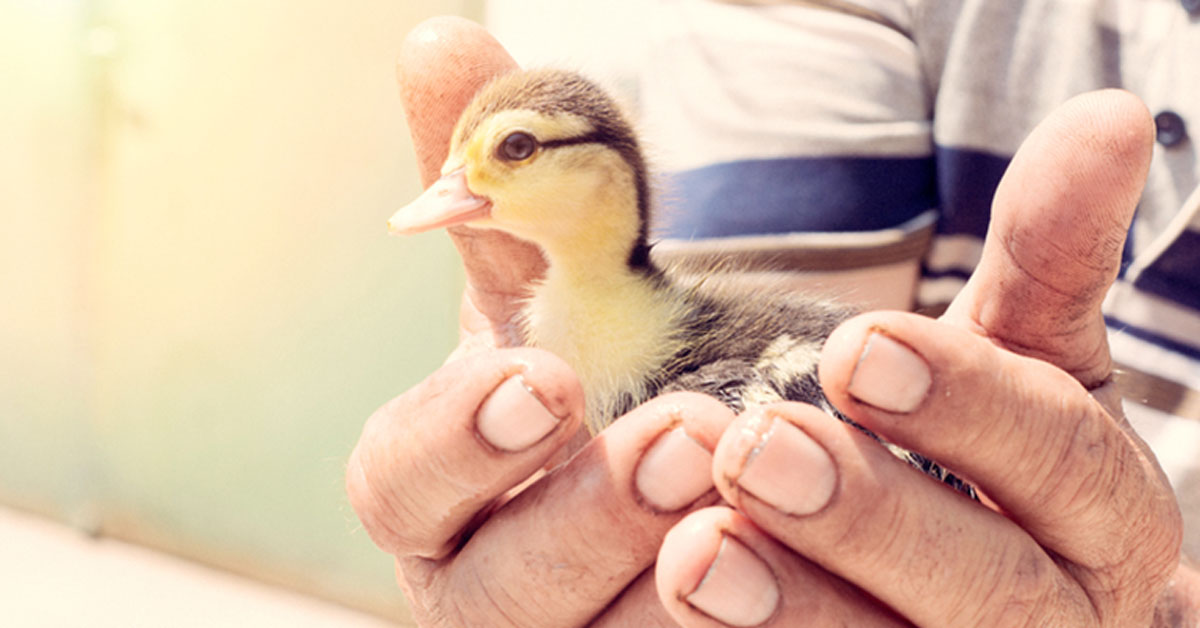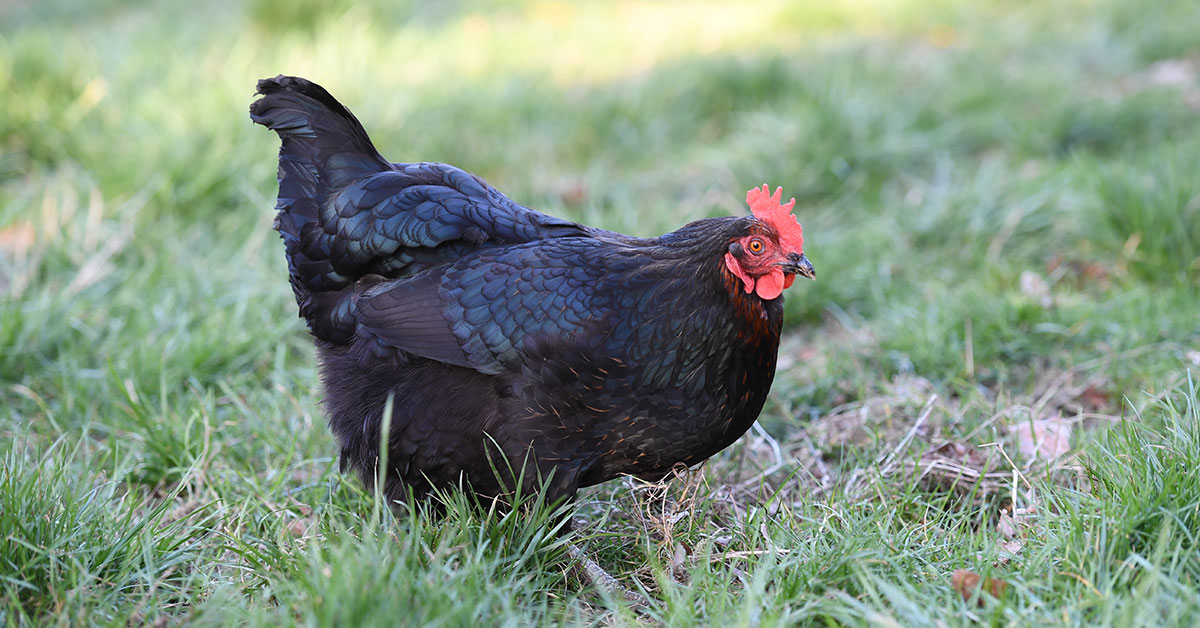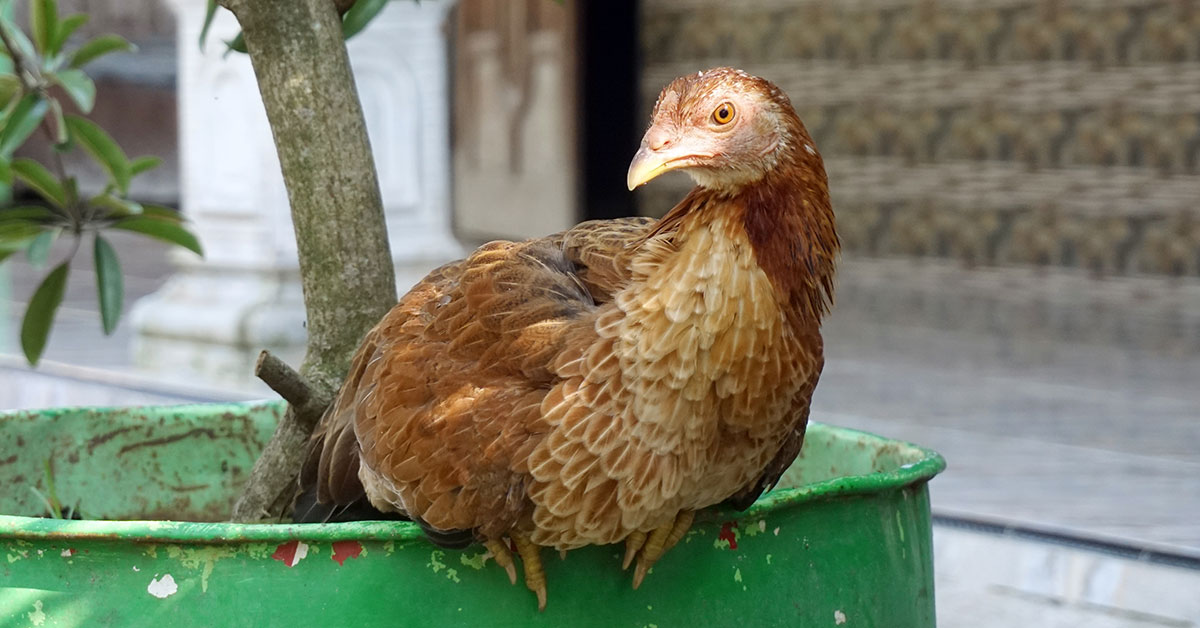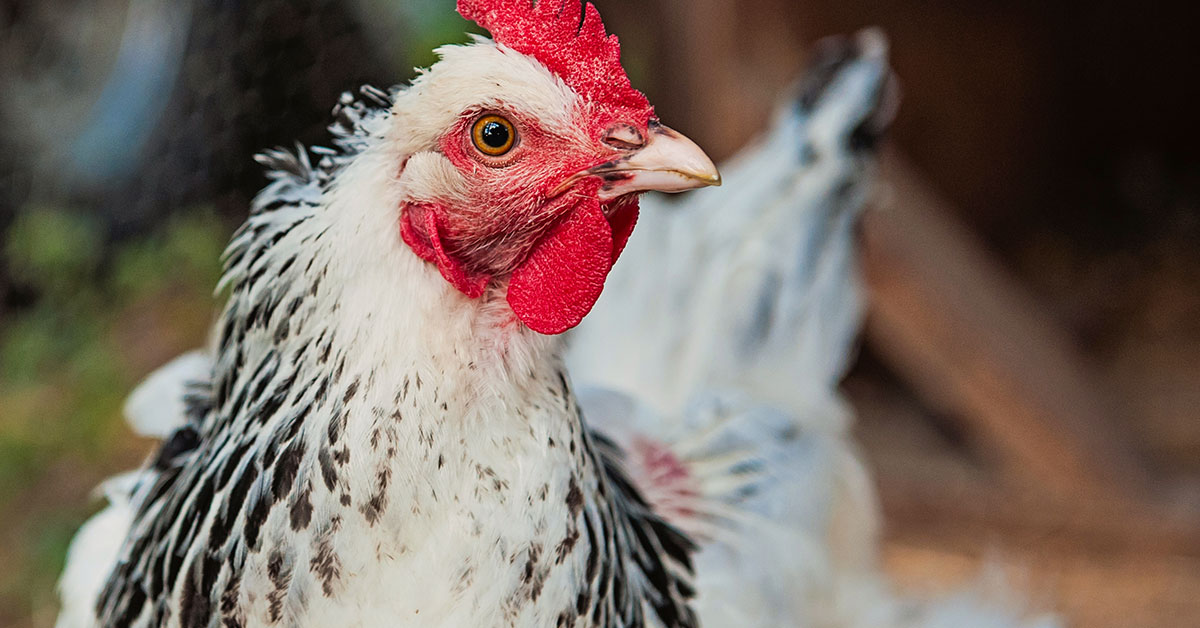Raising chickens, whether as pets or for egg production, requires a solid understanding of their lifecycles and care requirements. An important aspect to consider is the lifespan of a chicken and how to potentially extend it. One of the biggest questions I get is: how long do chickens live? Here, we will delve into how long chickens typically live and discuss some methods you can use to potentially increase their lifespan.
How long do chickens live?
The lifespan of chickens varies greatly depending on the breed, diet, living conditions, healthcare, and whether they are commercial laying hens or backyard poultry.
Commercial laying hens, which are often used in large-scale egg production, usually live for about 5 to 7 years. However, they are typically culled after 1 to 2 years as their egg production decreases, making them less profitable for commercial operations.
Backyard chickens or free-range chickens, on the other hand, often enjoy a longer lifespan, living an average of 6 to 10 years, depending on the breed. With exceptional care, certain breeds may live up to 12 years or longer.
The world record for the oldest chicken was a Red Pyle hen named Matilda who lived to the ripe old age of 16 years!
Average lifespan by chicken breed
Here is a list of popular heritage chicken breeds along with their average lifespan. Please note that lifespans can vary depending on factors such as genetics, diet, living conditions, and overall care. Additionally, it’s important to remember that individual chickens within a breed can have variations in lifespan.
- Rhode Island Red: Average lifespan of 6-8 years.
- Plymouth Rock (Barred Rock): Average lifespan of 6-8 years.
- Sussex: Average lifespan of 6-8 years.
- Wyandotte: Average lifespan of 6-8 years.
- Orpington: Average lifespan of 6-8 years.
- Australorp: Average lifespan of 6-8 years.
- Brahma: Average lifespan of 6-8 years.
- Marans: Average lifespan of 6-8 years.
- Leghorn: Average lifespan of 4-6 years.
- Hamburg: Average lifespan of 4-6 years.
- Dorking: Average lifespan of 4-6 years.
- Faverolle: Average lifespan of 4-6 years.
- Polish: Average lifespan of 4-6 years.
- Silkie: Average lifespan of 4-6 years.
- Jersey Giant: Average lifespan of 8-10 years (one of the longest-lived heritage chicken breeds).
It’s worth mentioning that the Jersey Giant breed is known for having one of the longest lifespans among heritage chicken breeds. However, individual chickens within any breed can vary in terms of lifespan, so providing proper care, nutrition, and a conducive environment can positively impact their overall health and longevity.
Additional Resource: How Long Does It Take For Chickens To Grow?
Factors Affecting Lifespan
The lifespan of chickens can vary significantly, depending on a range of factors that influence their overall health and well-being. Understanding the factors that can affect chicken lifespan is crucial for providing optimal care and ensuring longevity in your flock. In this section, we will explore the key factors that can impact the lifespan of chickens.
From genetic predispositions to environmental conditions, diet, and predator protection, we will uncover the elements that play a significant role in determining how long your feathered friends will live. By gaining insight into these factors, you can make informed decisions to promote the health, happiness, and longevity of your cherished flock.
- Genetics: Just like humans, chickens have inherited traits that can affect their health and lifespan. Certain breeds are known to live longer than others.
- Diet and Nutrition: A well-balanced diet is crucial to a chicken’s health and longevity.
- Living Conditions: Chickens that are housed in clean, safe, and stress-free environments tend to live longer.
- Healthcare: Regular check-ups and preventive healthcare measures, such as deworming and vaccinations, can significantly extend a chicken’s lifespan.
- Predators: Chickens kept in environments with robust protections against predators naturally have a better chance of reaching their lifespan potential.
Extending Chicken Lifespan
Extending the lifespan of your chickens is a goal shared by many poultry enthusiasts. By implementing certain strategies and providing attentive care, you can potentially extend the life expectancy of your feathered companions.
In this section, we will delve into practical and effective methods for extending the lifespan of chickens. From proactive health management to optimal nutrition, predator prevention, and creating a stress-free environment, we will explore actionable steps you can take to promote the well-being and longevity of your beloved flock. By incorporating these practices into your chicken-keeping routine, you can enhance the quality of life for your chickens and enjoy their company for years to come.
1. Balanced Nutrition
Ensuring your chickens have a balanced diet is essential. Their feed should be rich in protein, vitamins, and minerals. Consider feeds specifically formulated for chickens at various stages of life – chick, grower, layer, etc. Supplement their diet with fresh fruits, vegetables, and grains.
2. Clean and Secure Housing
Chickens need a safe, clean place to live. Regularly clean chicken coops to prevent disease, ensure they have room to move around, roost, and lay eggs comfortably. Protection from predators and harsh weather conditions is also vital.
3. Regular Health Checks and Preventive Healthcare
Regular health checks can help identify and address issues early. Look for signs of illness, such as changes in behavior, appearance, or egg production. Regular worming and vaccinations can prevent common diseases and parasites.
4. Low-Stress Environment
Chickens are sensitive to stress. Minimize changes in their environment, handle them gently, and keep noise to a minimum. Maintaining a consistent daily routine can also help keep stress levels low.
5. Genetic Selection
If you’re choosing new chickens and longevity is a concern, consider selecting breeds known for their long lifespans.
How long will my chickens lay eggs?
The duration of a chicken’s egg-laying period can vary based on several factors, including breed, genetics, health, and overall care. In general, most hens will start laying eggs between 5 to 6 months of age, although some breeds may begin a little earlier or later.
The peak egg production period for most chickens typically occurs in their first year of laying, with hens laying consistently and frequently during this time. However, as chickens age, their egg production may gradually decline.
On average, chickens will continue to lay eggs for 3 to 5 years, with some heritage and dual-purpose breeds laying eggs for up to 4 to 6 years or even longer. However, it’s important to note that egg production can decline with age, and hens may experience periods of reduced or sporadic laying as they get older.
It’s also worth mentioning that factors such as diet, lighting conditions, and seasonal variations can influence egg production. Providing a balanced diet, proper nutrition, and appropriate lighting can help support optimal egg production and extend the laying period.
While hens may eventually cease laying eggs, they can continue to live healthy and fulfilling lives as companion animals or as part of a backyard flock. Chickens can bring joy and companionship beyond their egg-laying years, offering entertainment, pest control, and a delightful presence in the garden or farm.
While the lifespan of a chicken can vary, with attentive and knowledgeable care, it is possible to extend their years, providing you with a longer time to enjoy their companionship or benefit from their egg production. Always remember, the welfare of the chicken should be the primary focus, and a happy, healthy chicken is likely to live a long life.
